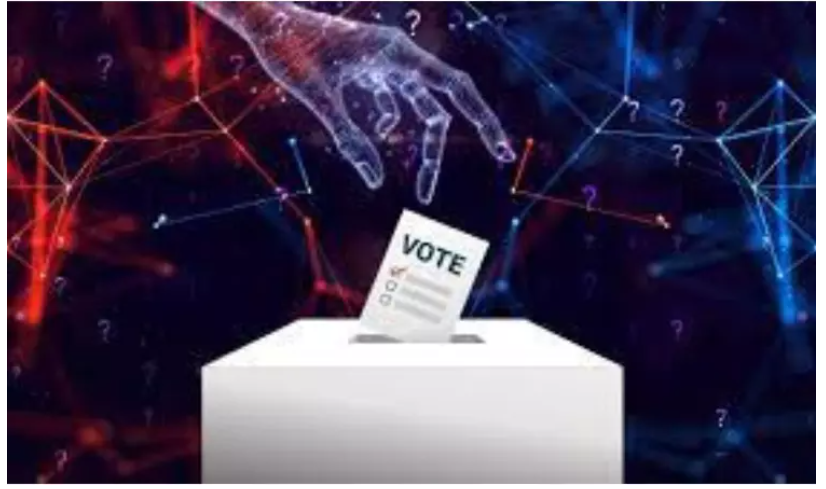


The Deepfake Dilemma
In 2024, an unprecedented number of global citizens will cast their votes in various national elections. Amidst these pivotal democratic processes, a new threat looms large: manipulating political campaigns through advanced artificial intelligence (AI).
Let’s explore in detail today about this technology, capable of creating hyper-realistic audio, images, and videos, poses significant challenges to the integrity of elections worldwide.
Case Study: The Indian Scenario
Divyendra Singh Jadoun, known as the “Indian Deepfaker,” epitomizes the dual-edged nature of this technology. Operating from the arid landscapes of Pushkar, Rajasthan, Jadoun has carved a niche in creating deepfake content. While his primary work includes crafting AI-generated sequences for Bollywood and advertisements, the election season sees a surge in demand for more sinister uses of his expertise.
Many political candidates, desperate to gain an edge, have approached Jadoun to craft damaging deepfakes of their opponents—ranging from faux pas on the campaign trail to inappropriate and offensive imagery. Although Jadoun rejects requests aimed at deceit or defamation, he acknowledges that not all creators adhere to such ethical standards.
The Global Uptick in Political Deepfakes
Across the world, the proliferation of deepfake technology in political arenas is becoming alarmingly common. Experts like Hany Farid, a professor at the University of California, Berkeley, note a significant increase in both the quantity and quality of political deepfakes. These creations are becoming more sophisticated, blurring the lines between reality and fabrication more effectively than ever before.
Legislative Lag and the Challenge of Regulation
Despite the clear dangers, a robust regulatory response remains conspicuously absent. In the European Union, for instance, the AI Act will not be enforced in time for the upcoming parliamentary elections. Similarly, in the United States, proposed legislation to prohibit AI-generated misrepresentations of federal candidates is stalled, with little hope of passage before the November elections.
This regulatory vacuum leaves the onus on individuals and the private sector to curb the misuse of AI in political campaigns. Unfortunately, this approach is fraught with challenges, as self-regulation is often insufficient to prevent misuse.
The Social Responsibility of AI Ethics
The ethical use of AI in politics is a significant concern. As AI technology becomes more democratized, the responsibility to use it ethically must be championed by creators like Jadoun, who stand on the front lines of this new digital frontier. However, without overarching legal or ethical standards, the potential for abuse remains high.
The Call to Action
As noted by Sen. Amy Klobuchar during a speech at the Atlantic Council, this issue demands immediate attention and action. The integrity of global elections is at stake, making it imperative for all stakeholders, including politicians, tech companies, and voters, to advocate for transparency and accountability in the use of AI-generated content in political contexts.
Conclusion
The rise of AI deepfakes represents a significant challenge to the foundational aspects of democratic societies. As technology advances, the need for comprehensive legislative and ethical frameworks becomes increasingly urgent. In the meantime, public awareness and critical scrutiny of political content are essential to safeguard democracy against the tide of digital deception.